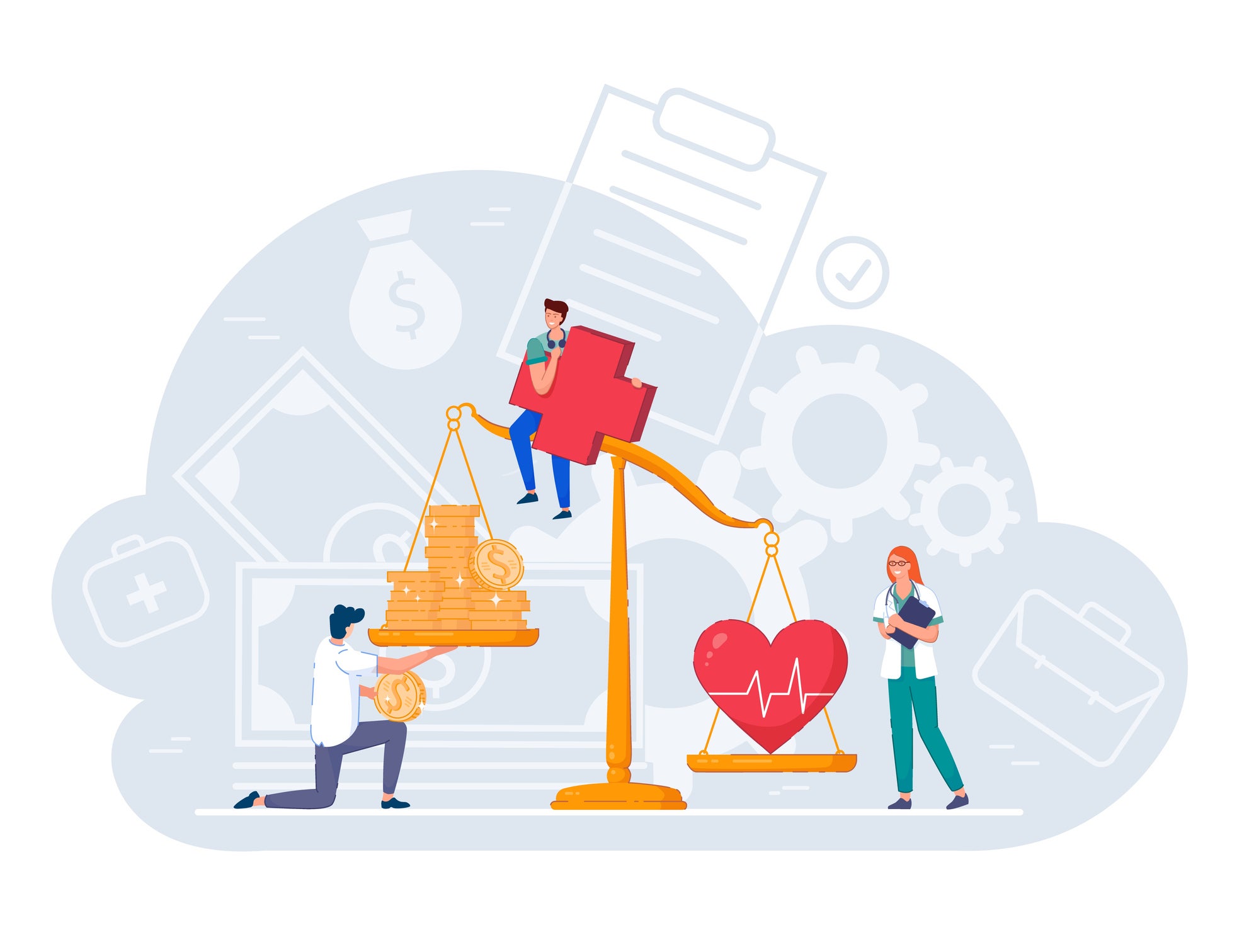Hopes and fears for the future of biomedicine
Extract: This strand of science has the potential to extend lives, but also to take them. Martin Rees explores what could happen as this technology advances

Advances in biomedicine have vastly improved healthcare over the world, including its poorest countries. And they’ve extended lifespans; over the past 25 years, the average human has gained seven years of life expectancy. The gain is more than just staying alive: the number of healthy years we can expect to enjoy has risen too. In the Covid-19 pandemic, science has been our salvation – vaccines were developed with unprecedented speed and remember that after 40 years we still don’t have an effective one against HIV. The future benefits to humanity could be greater still.
At the same time, this progress creates vulnerabilities and ethical dilemmas. Most obviously, the benefits are still unevenly shared, both within countries and, even more, between richer and poorer nations. Reducing these inequalities is surely imperative. But, sadly, the trend is now in the wrong direction: there’s too much focus on “diseases of the rich” rather than on infectious diseases.
Throughout the history of medicine, people have recoiled at innovations that seem to go against nature, including vaccination, transfusions, artificial insemination, organ transplants and in-vitro fertilisation. The fact that these are unexceptionable today is a reminder that squeamishness at the new is not a reliable guide to what becomes deemed ethically defensible. More recent techniques that are still controversial include stem cell research and mitochondrial transplants (so-called three-parent babies). The gulf between what medical science may enable us to do, and what it is prudent or ethical actually to do, will shift, widen and, in many cases, be difficult to cope with.
Subscribe to Independent Premium to bookmark this article
Want to bookmark your favourite articles and stories to read or reference later? Start your Independent Premium subscription today.
Join our commenting forum
Join thought-provoking conversations, follow other Independent readers and see their replies